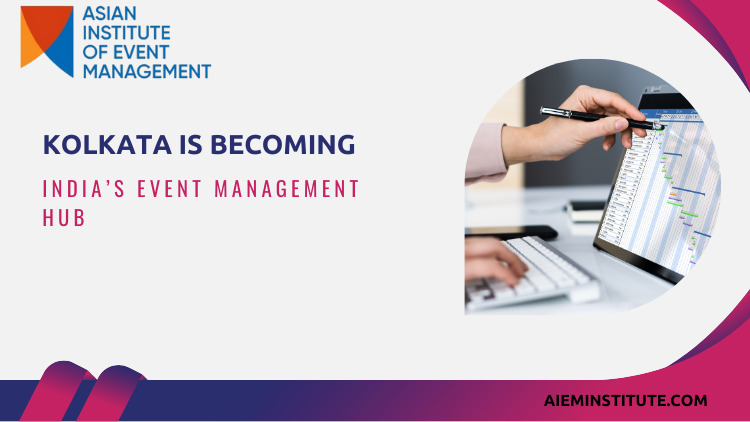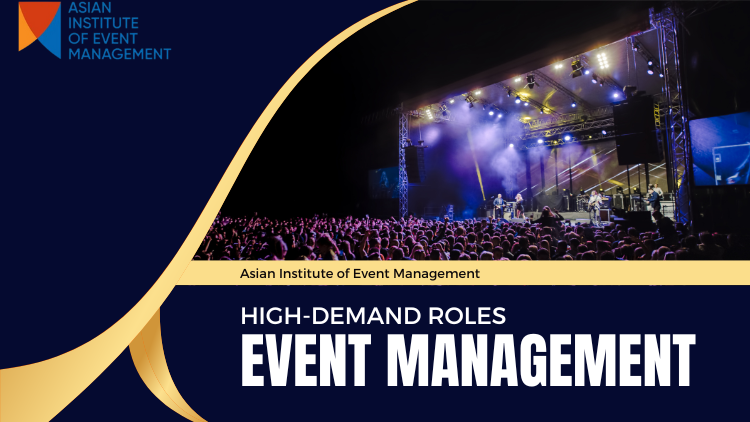
Key Roles in the Event Management Industry: Who Does What?
June 26, 2024
When attending a well-run event, it's easy to overlook the coordination behind the scenes that creates a flawless experience.
From strategic planning to on-site execution, event pros with diverse expertise unite to create success.
Let's look at some of the key roles critical to managing stellar events.
Event Planners
Event planners are the master strategists charting the vision and guiding each detail.
They concept themes, select venues, oversee vendor negotiations, and budget tracking. For example, leveraging vendor relationships to secure the best pricing keeps finances on track.
Planners also solve problems with finesse if issues arise, ensuring no hiccup derails smooth execution. Their coordination brings all the pieces together.
Venue Managers
Venue managers handle all location-specific preparations and logistics. They address setup needs from room layouts to tech and safety requirements.
If RSVPs exceed expectations, they source quick solutions like adding rental furniture.
During events, they monitor the facility to immediately fix issues like maintenance problems. Their mastery of the site enhances the experience.
Catering Managers
Catering managers oversee menu planning, food preparation, and presentation with the catering team.
They ensure dietary preferences/restrictions are respected via customized offerings.
Seamless service timing and coordination also fall under their direction.
From kitchen to table, they orchestrate exceptional food and beverage experiences.
Technical Directors
Technical directors handle all event tech and AV components. They ensure seamless audio, lighting, video, and multimedia displays.
Preventing glitches with sound systems or presentation software keeps the event flow smooth.
Tech directors also collaborate with speakers and performers to customize settings perfectly suited to each presenter's needs.
The results are impactful speeches, concerts, and experiences.
Event Marketers
Event marketers build buzz and drive attendance through promotional initiatives across channels.
They craft messaging, manage social campaigns, and leverage tools like targeted ads to engage the right audiences.
For example, Facebook ads could reach tech aficionados who are likely to attend a developer conference.
Analyzing performance data also allows for real-time optimization to boost impressions and registration.
Logistics Coordinators
Logistics coordinators manage the myriad of event details and components. They arrange essentials like transportation, equipment delivery, and vendor arrival schedules.
Flawless coordination ensures the venue has everything required for a successful event before go-time. On event day, they troubleshoot any fires related to late gear or supplier issues.
Their adeptness to detail in motion enables smooth execution.
Final Thoughts
Understanding the diverse event management roles fuels broader expertise and adaptability. Specialized courses comprehensively cover critical areas from planning to technical production.
Students can discover their passions and strengths to guide specialization.
For example, AIEM's curriculum interweaves practical hands-on training with education. This equips graduates not just to participate but also to lead complex initiatives and innovation.
Whether you aim to run music festivals or corporate functions, expertise across key roles transforms capability to stage seamless, memorable events.
RECENT POSTS
-

Navigating the Curriculum: Key Modules and Skills in an 11-Month Event Management Diploma
March 21, 2025
-

Maximizing Career Opportunities with an 11-Month Diploma in Event Management
February 20, 2025
-

Why Kolkata is Becoming India’s Event Management Hub
February 17, 2025
-

Top 5 High-Demand Roles in Event Management
February 12, 2025
-

What Elements Should Be Considered When Selecting the Best Event Management Institute?
January 6, 2025